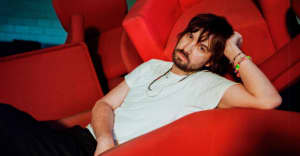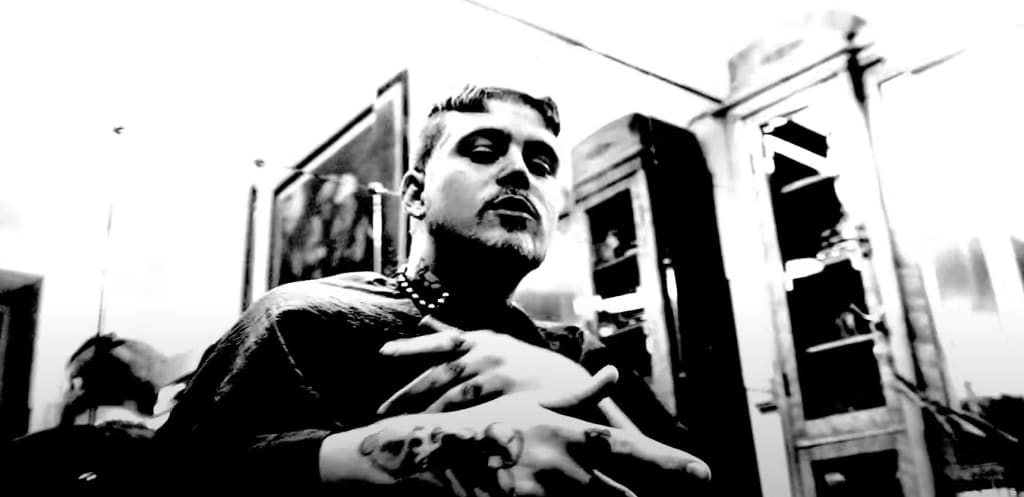Julian Klincewicz
Over the past few years, the sounds of rave music have infiltrated the mainstream. Pop has gone jungle and drum ‘n’ bass; rap music flirts with jersey club. The techno pivot that marks Tame Impala‘s latest album, Deadbeat, however, isn’t the result of chasing trends. Frontman Kevin Parker — who finds a curious new pocket in between his established, woozy psych-rock and wall-shuddering four-on-the-floors on the new record — has long known the dance floor as a long-time raver.
In interviews, Parker has said that the record in part draws from “doofs,” a term used in Australia to describe off-the-grid raves held in the wild. “That idea of just endless, hypnotic music that a field full of people can tap into,” he told “>The New Yorker. These are events he’s been attending throughout his life — and as recently as April 2025 when he checked out the Australian regional burn Blazing Swan, perhaps a more modern kind of doof (and his first as a father). Ahead, for The FADER’s Personal History series, Parker told us the story behind that experience and how it influenced the making of Deadbeat.
Kevin Parker: They call it Blazing Swan in Western Australia. I went there a couple of months ago. In Australia, we call them regional burns. They’re kind of like Burning Man, but I don’t wanna say Burning Man because they’re not as hectic and post-apocalyptic but they are the same kind of thing. Everyone dresses up, everyone’s wearing crazy stuff, [there are] crazy installments [installations]. Someone made like a [The] Simpsons house, they just spent the whole year making it. You go around at night and check out everyone’s crazy installations. There’s tents of techno and whatever. The Western Australian one is quite small and they burn an effigy in the middle.
It’s a 2 hours drive away from where I live. I went at the last minute. This was my first one. Me and a friend, we had some friends that were already going, we sort of saw an opportunity. I immediately knew that it was like something pretty otherworldly. Things like that are just so far off the grid and they’re their own little realm. It went from 0 to 100 pretty quick. It wasn’t like we were like, “Quick, where are the drugs?” We just got amongst it, you know? You just get into the flow of everyone else.
I didn’t really know who was playing or DJing or anything, but there’s just lots of little areas. The music was amazing, really good. Techno, you know, dubstep, drum and bass, psytrance… a lot of psytrance.
You’re not aware that it’s the zenith of the night or whatever, but you look back on it and realize it’s all happening and it’s really fun, but at the same time you’re just trying to hold on for dear life.
[These] experiences of mine fed into this album, countless experiences like that, where techno music has been the soundtrack to it. I was already making [Deadbeat], was deep in it, [when I went to Blazing Swan], but it’s always good to get out of the studio. It’s about the real world, a new headspace, a different headspace. [I didn’t go to] actively get inspired, but just to feed the mind a bit in that way with techno.
For me, techno music is about losing yourself and sort of escaping into the ether, yeah. All that kind of stuff.





